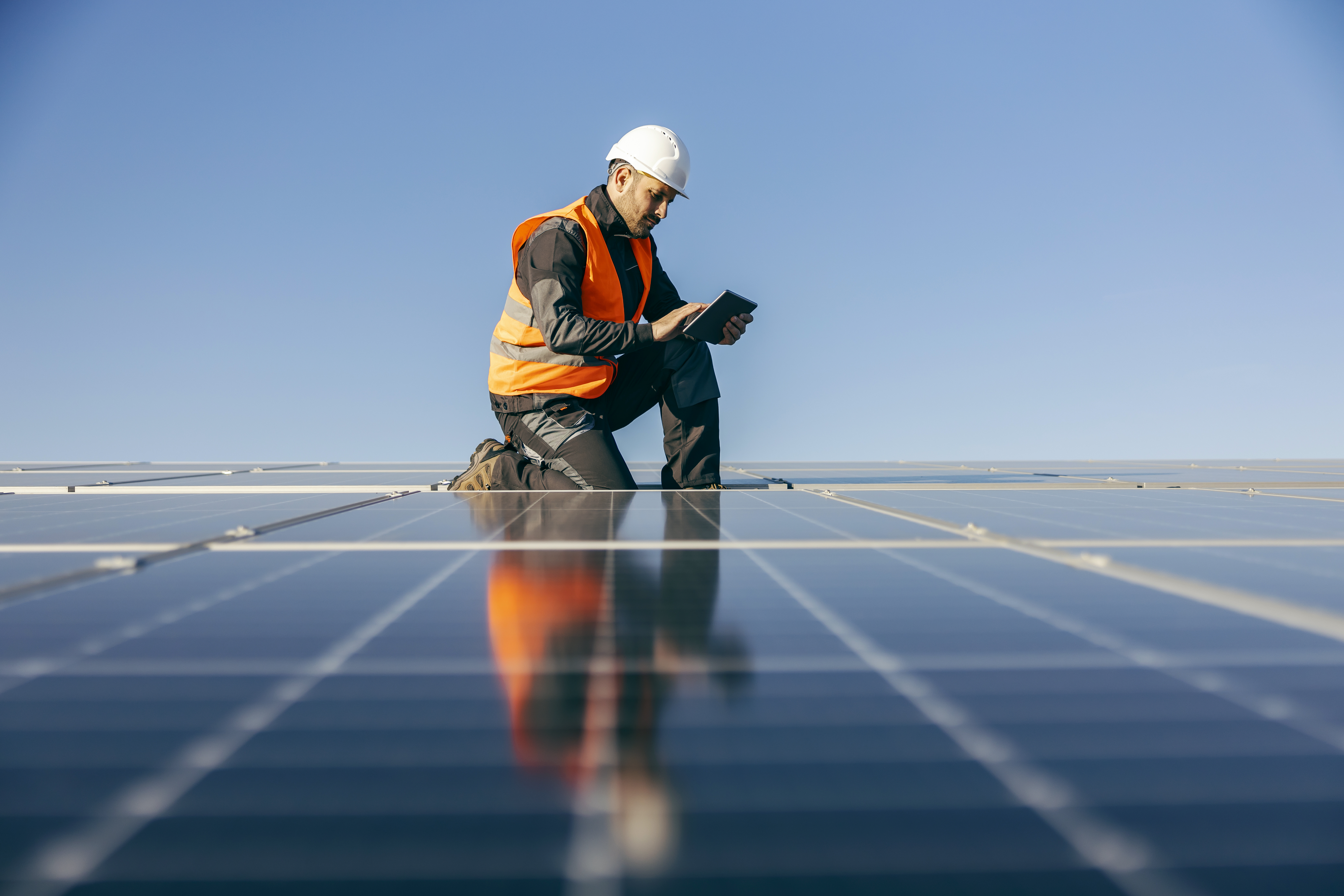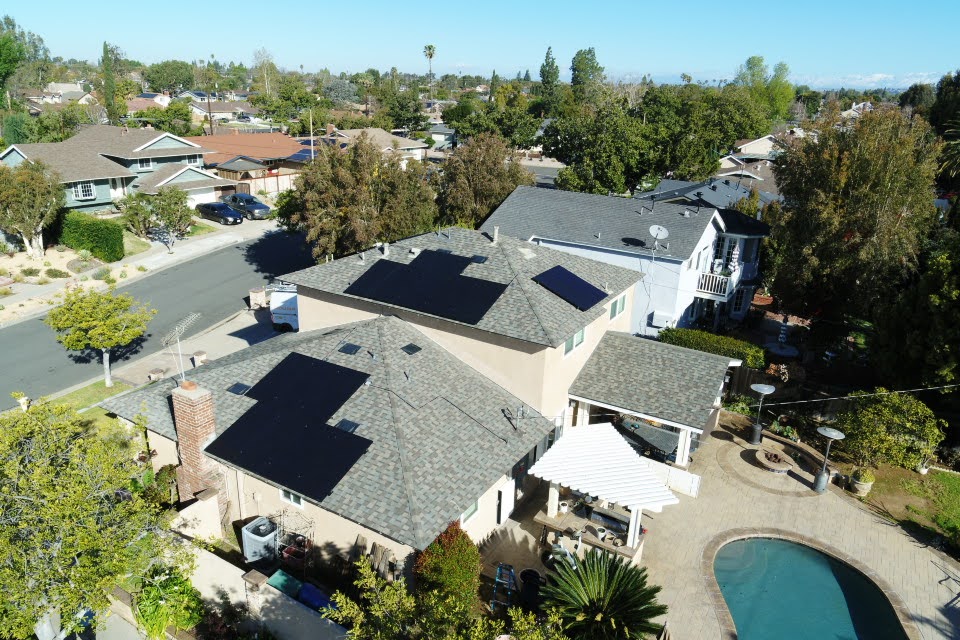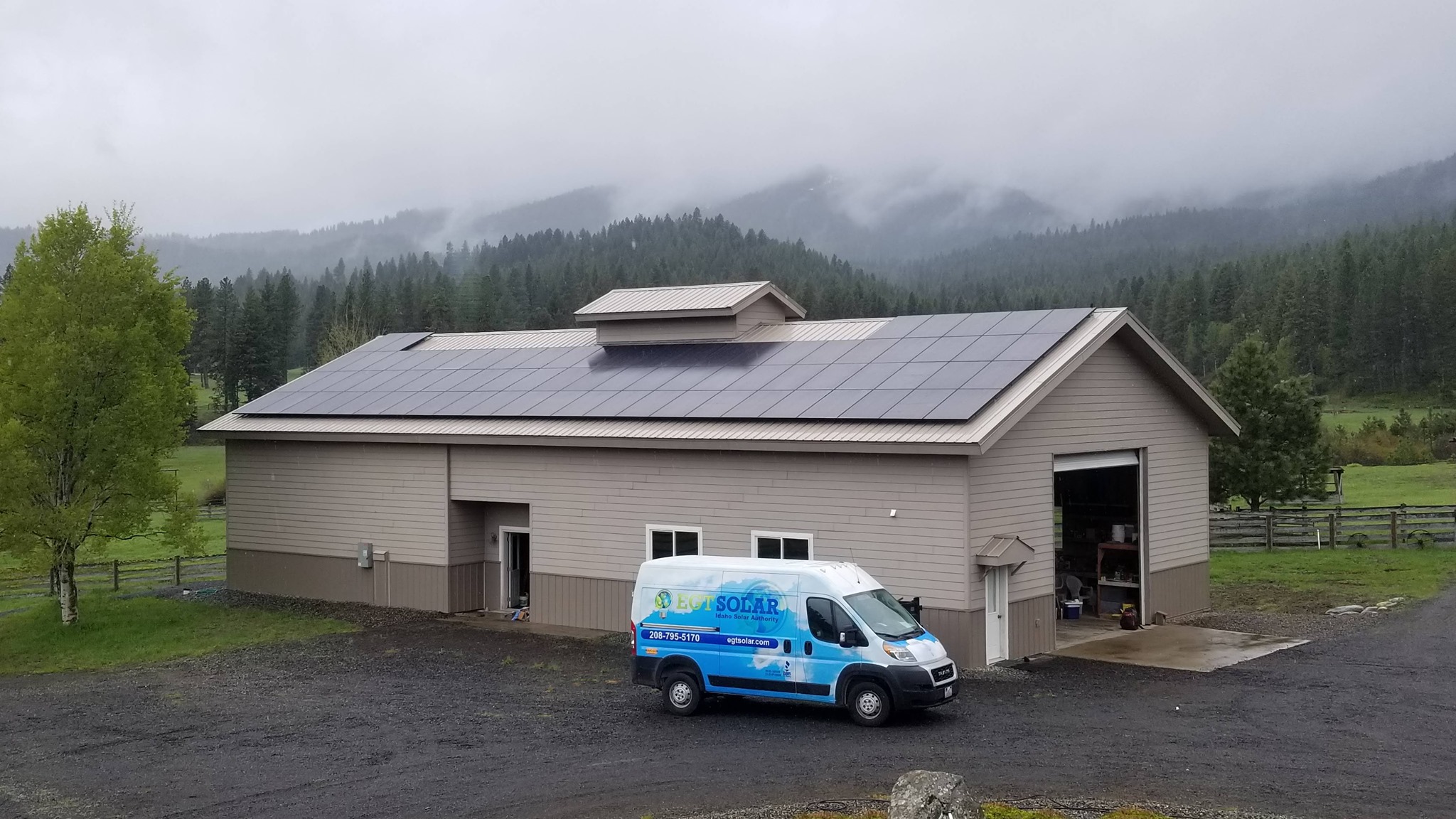Solar panels can shield you from rising energy prices, lower your power bills, and even increase the value of your home. But to fully maximize the benefits of solar, it’s crucial to ensure your system’s design and installation meet the unique requirements of your home and family.
Choosing the right installer is a key first step. Bruce Chandler, a regional sales manager with Panasonic, recommends doing plenty of research on different installers. Explore their previous experience, particularly in your local area. Scrutinize online reviews, request references and case studies, and ask about warranties. You may want to consider sticking with installers certified by the National American Board of Certified Energy Practitioners, because they’ll have a deeper knowledge of solar.
Once you've chosen an installer, there are several important factors to discuss. Here’s a closer look at what you should consider before going ahead with installation to ensure that your system will meet your needs both now and in the future.
6 things to think about before installing solar panels
1. How good the warranties are
Ask your installer to share equipment specifications and warranties with you. The best manufacturers provide equipment warranties for 25 years, which means the manufacturer will fix or replace a broken or damaged panel at no cost to you within that time period.
A performance warranty should also be included. Performance warranties guarantee the panels will generate a certain amount of electricity over their lifetime. For most, it is at least 80% of their original power output by the end of the warranty term.
2. How your future energy needs might change
Chandler warns that many homeowners fail to consider future plans when setting up their solar energy systems. Those plans might include re-roofing, buying an electric vehicle, installing a swimming pool, or replacing old pool equipment. Discussing these plans allows your installer to account for any space concerns or potential changes down the line when designing the size, location, and layout of your system.
Photo courtesy of Orange County Solar
For example, if you're replacing pool equipment with an electric pump or buying an electric vehicle, your electricity usage will increase. That means your solar panel system needs to accommodate that extra demand.
As part of your solar installation, you may also be exploring battery storage. A home battery allows you to store the clean, free energy that your solar panels produce and use it later. You can either use the surplus energy yourself when demand is higher — and avoid paying peak prices for electricity — or sell it back to your utility for credits on your bill. If you plan on adding a battery to your solar system in the future, be sure to mention this to your installer as it will influence the optimal layout of your system.
3. How you plan to pay for your solar system
There are several ways to pay for your solar panels. If you want to fully own the system, you can either pay cash up front or take out a loan. Both options allow you to take advantage of incentives and rebates, such as the federal investment tax credit (ITC), that can lower your upfront costs by as much as 30%. Your installer will share a comprehensive list of other available incentives and how they will affect your payments.
If possible, cash is the best option because it allows you to fully maximize your investment from the start, says Chandler. That isn’t always feasible, however. The average solar system costs $25,000 to $30,000, so taking out a loan might be helpful or necessary.
The final option is a lease, where a third party owns your panels and sets a fixed electricity rate, usually around 10 to 30% below the rate you currently pay. It’s important to note that you won’t own the system, however, so you won’t be eligible for any incentives and likely won’t increase the value of your property.
4. Where you plan to install your panels
The roof isn't the only place you can install solar panels. Other locations include on the ground, on a carport, or even on a patio cover. If your roof isn't the best option for solar — perhaps it’s north-facing, too small, or made from a fragile material such as tiles — there are other options you can discuss with your installer.
Photo courtesy of EGT Solar
If you're concerned about the appearance of solar panels on your roof, share those worries with your installer. They can provide you with several design options. For example, you can get jet black modules that look just like a skylight, says Chandler. You can even install a skirt that closes any gaps on the front so that you can’t see underneath the panels from the front of your home.
5. The position of your roof
The quality and age of your roof are crucial, Chandler explains. “When I was selling residential solar, the roof was the number one thing I had to be aware of. If you think your roof might need to be replaced in the next five or 10 years, you don’t want to put solar panels on it.”
Roofing material is also important. Some materials are more fragile than others, making installation more complex — and therefore potentially costlier.
A reputable installer will look at your roof and discuss any issues with you right away, Chandler notes. If you do need to fully re-roof, or even just replace the portion that will sit under the solar panels, you can claim those costs under the federal ITC, which can significantly lower the price.
6. What you pay for energy
Knowing how much you currently pay for power will help your installer size your solar system correctly to ensure it can meet as much of your household’s energy demand as possible. This is another reason to share any future plans that may increase your energy requirement, such as buying an electric vehicle. It’s easier and cheaper to account for these factors in the initial design of your system, rather than adding them in at a later date.
There are a lot of factors that go into setting up solar panels. Understanding these factors and communicating them to your installer will help ensure that you get the best solar system to meet your family’s unique needs.
If you’re ready to start your solar journey, Panasonic has the tools, technology and resources you need to make the switch. The Panasonic Authorized Installer network includes hundreds of fully vetted installers around the country. Find a trusted installer near you.






